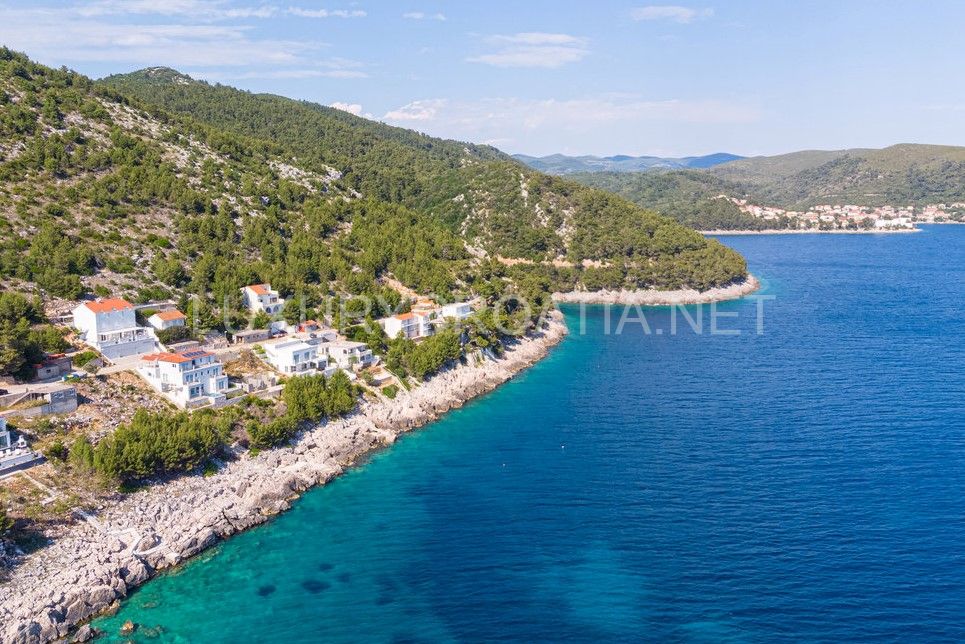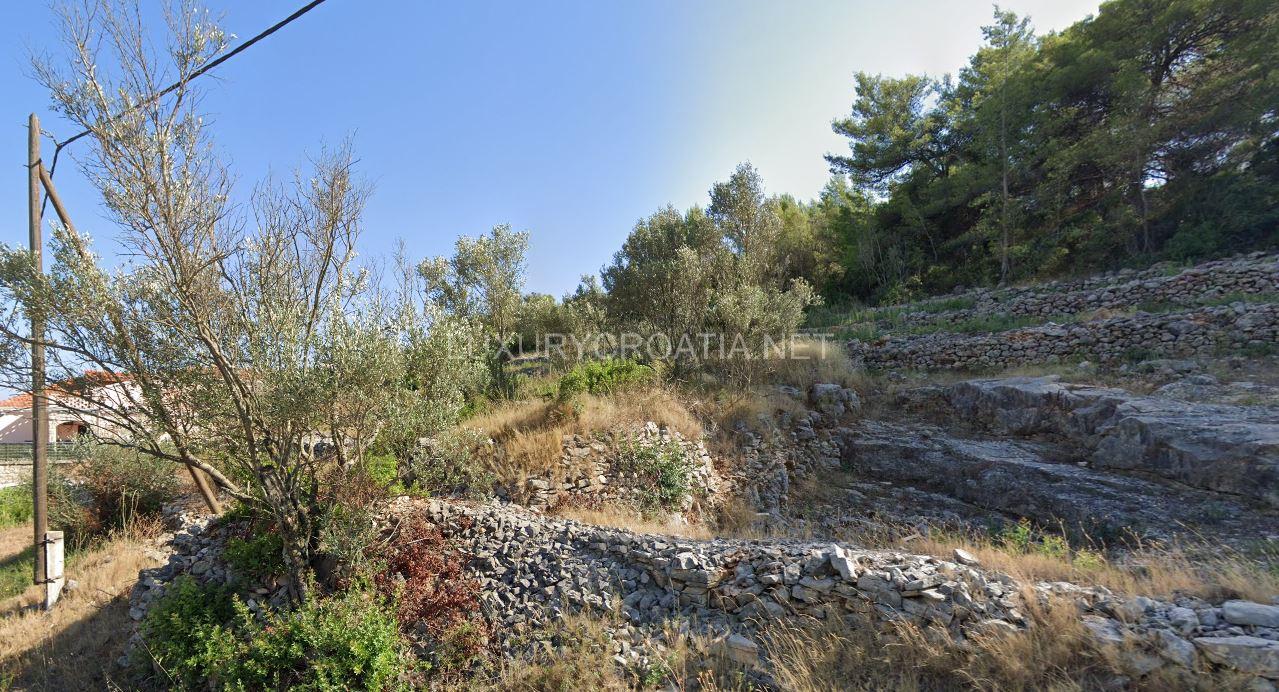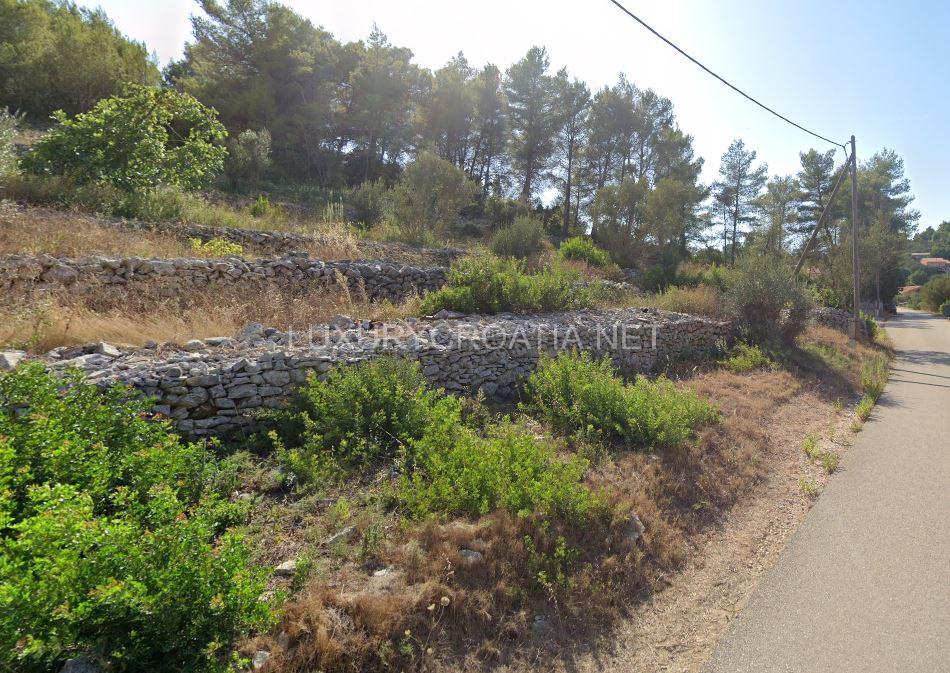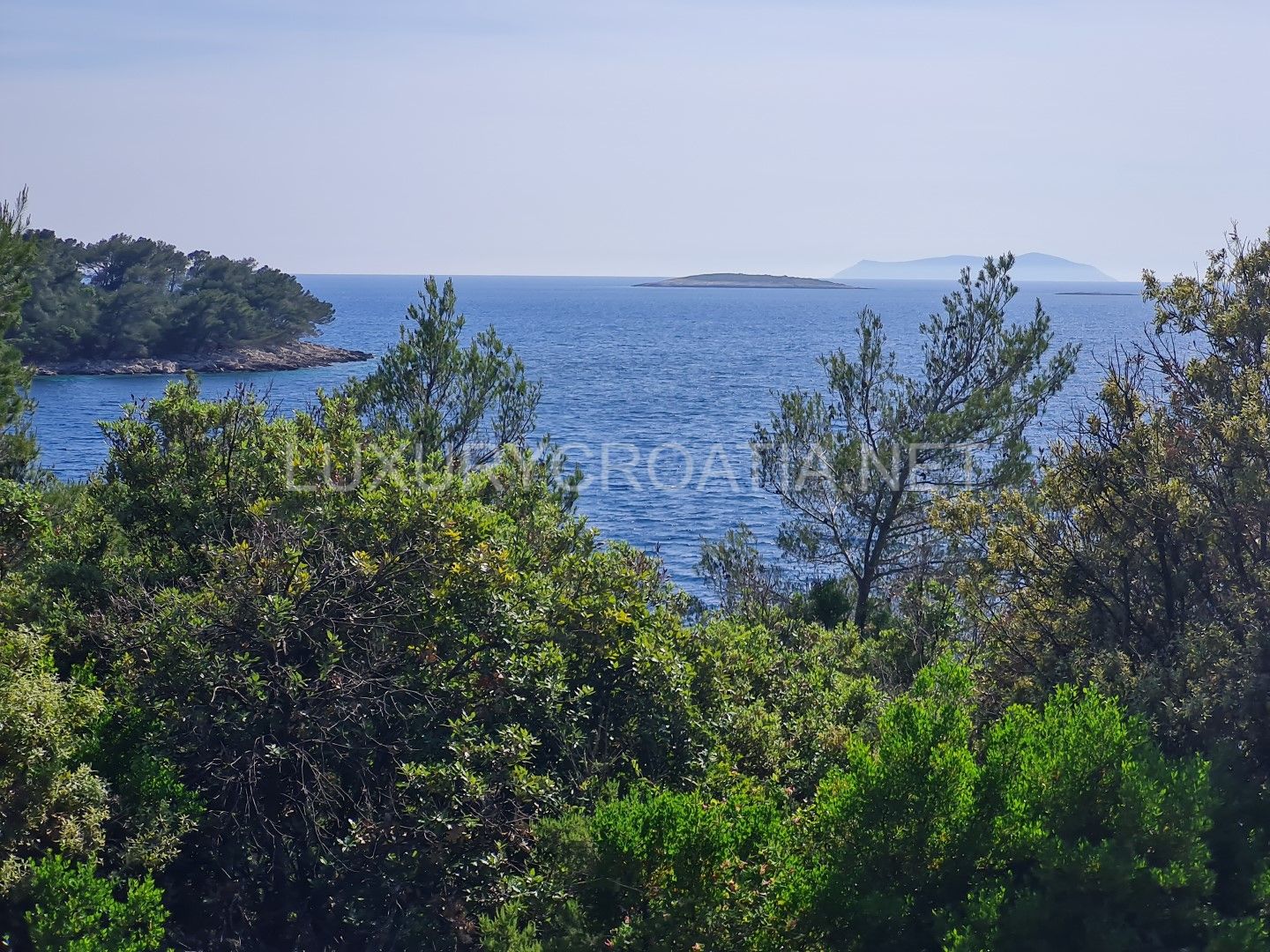Seafront land for sale, Racisce, Korcula
-
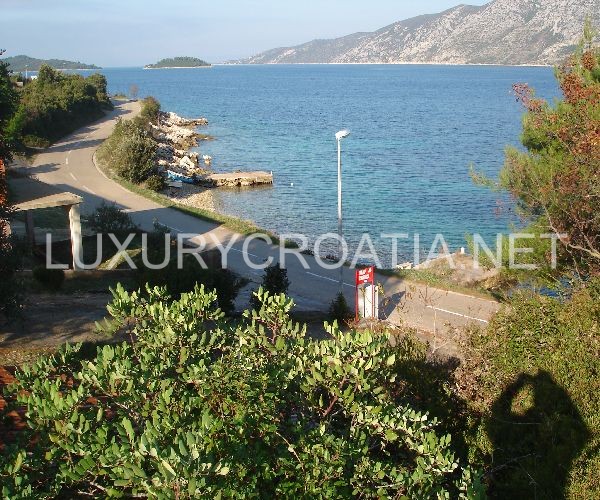 click on image to enlarge Land for sale on seafront, Racisce, Korcula
click on image to enlarge Land for sale on seafront, Racisce, Korcula
-
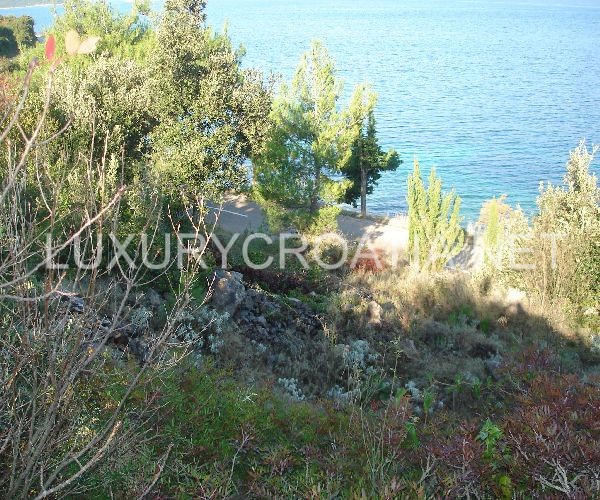 click on image to enlarge Land for sale on seafront, Racisce, Korcula (3)
click on image to enlarge Land for sale on seafront, Racisce, Korcula (3)
-
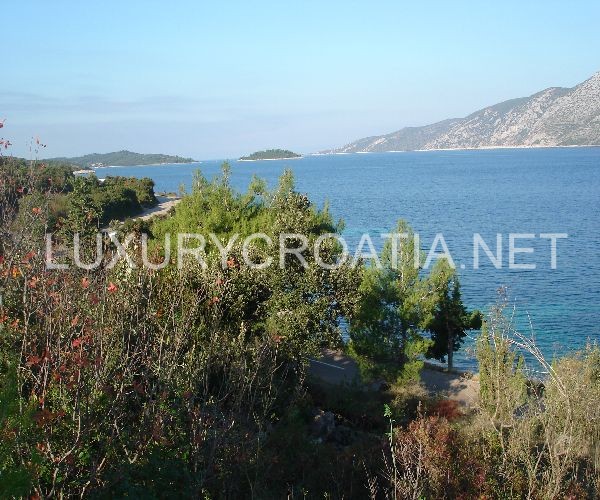 click on image to enlarge Land for sale on seafront, Racisce, Korcula (2)
click on image to enlarge Land for sale on seafront, Racisce, Korcula (2)
Property Details:
- Categories: Land
- Features: 3% Agency Commission
- Amenities: 1st Row to the Sea, Sea View
About this Property:
(L-ZR-KO-2)
Seafront land for sale, Racisce, Korcula
Seafront building land for sale on the island Korcula in village Racisce, 10 km from the city of Korcula. Seafront land plot is 900 m2, next to the land is the ability of water, telephone and electricity connection. Price per m2 is 280 eur.
Hrvatski Jezik
Prodaje se gradjevno zemljište uz more na otoku Korčuli, u mjestu Račišće točno 10 km od grada i uz more. Veličina parcele iznosi 900 m2. Odmah do terena je mogućnost spoja vode,telefona i struje. Cijena po m2 je 280 eur.
Racisce village:
Račišće is a village on the island of Korčula in Croatia. Korcula the island is part of the Dalmatian coast and it belongs to the Dubrovnik-Neretva county. It has a population of 477 residents. The village is situated 12 kilometers west of the old town of Korcula.
Racisce was established in 17th century by refugees from Makarska and Herzegovina. The oldest church is Saint Vlaho with its Baroque Loggia from 1682.
Korcula town:
The old city is surrounded by walls, and the streets are arranged in a herringbone pattern allowing free circulation of air but protecting against strong winds. Korčula is tightly built on a promontory that guards the narrow sound between the island and the mainland. Building outside the walls was forbidden until the 18th century, and the wooden drawbridge was only replaced in 1863. All of Korčula’s narrow streets are stepped with the notable exception of the street running alongside the southeastern wall. The street is called the Street of Thoughts as one did not have to worry about the steps.
The town’s historic sites include the central Romanesque-Gothic Cathedral of St Mark (built from 1301 to 1806), the 15th-century Franciscan monastery with a beautiful Venetian Gothic cloister, the civic council chambers, the palace of the former Venetian governors, grand 15th- and 16th-century palaces of the local merchant nobles, and the massive city fortifications.
Culture
The devout Catholic inhabitants of Korčula keep alive old folk church ceremonies and a weapon dance, the Moreška, which dates back to the middle ages.Originally danced only on special occasions, in modern times there are performances twice a week for tourists.
The city’s Town Statute dating back to 1214 prohibited slavery, making Korčula the first place in the world to outlaw the practice.
Korčula, like other islands and many coastal cities in Dalmatia, displays a dual Latin-Slav culture which developed from the late Roman era to the emergence of the modern Croatian state. Until the late 19th century, people identifying as Italians formed part of the population of Korčula town while the rest of the island was almost completely inhabited by people identifying as Croatians. However, historically the distinction was often ambiguous and local identity (eg di Curzola, Dalmata) usually took precedence over these fixed categories. The island therefore possesses a distinct Mediterranean cultural personality which sets it apart from the mountainous hinterland and continental Croatia further north. The town is revered for being the possible birth town of the famous Venetian merchant, Marco Polo, who was born around 1254. This is based on written evidence that Marco’s family originated in Dalmatia and then settled in Venice, and that the Depolo surname, which has existed in Korčula at least from the 13th century, is linked to his family.




